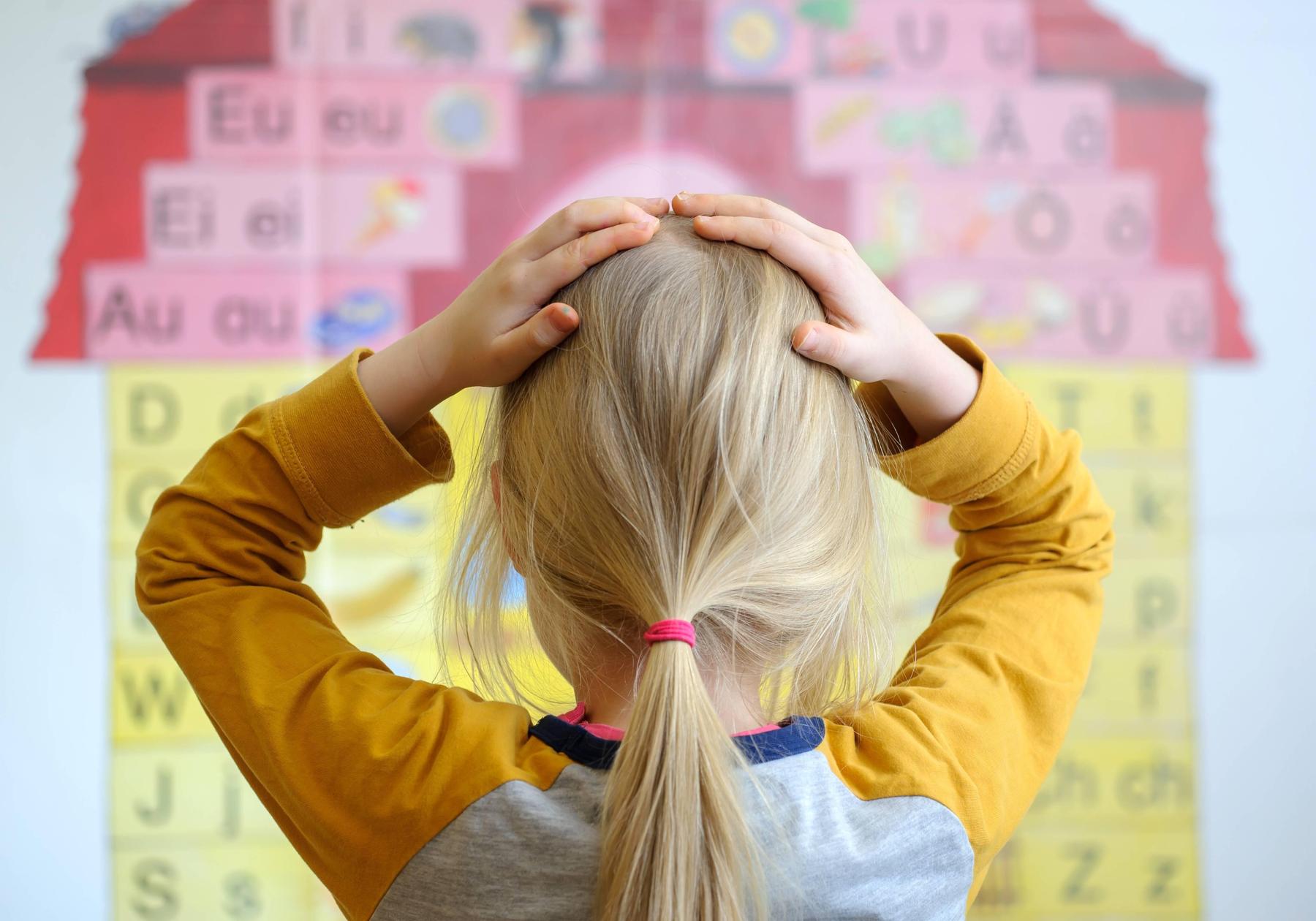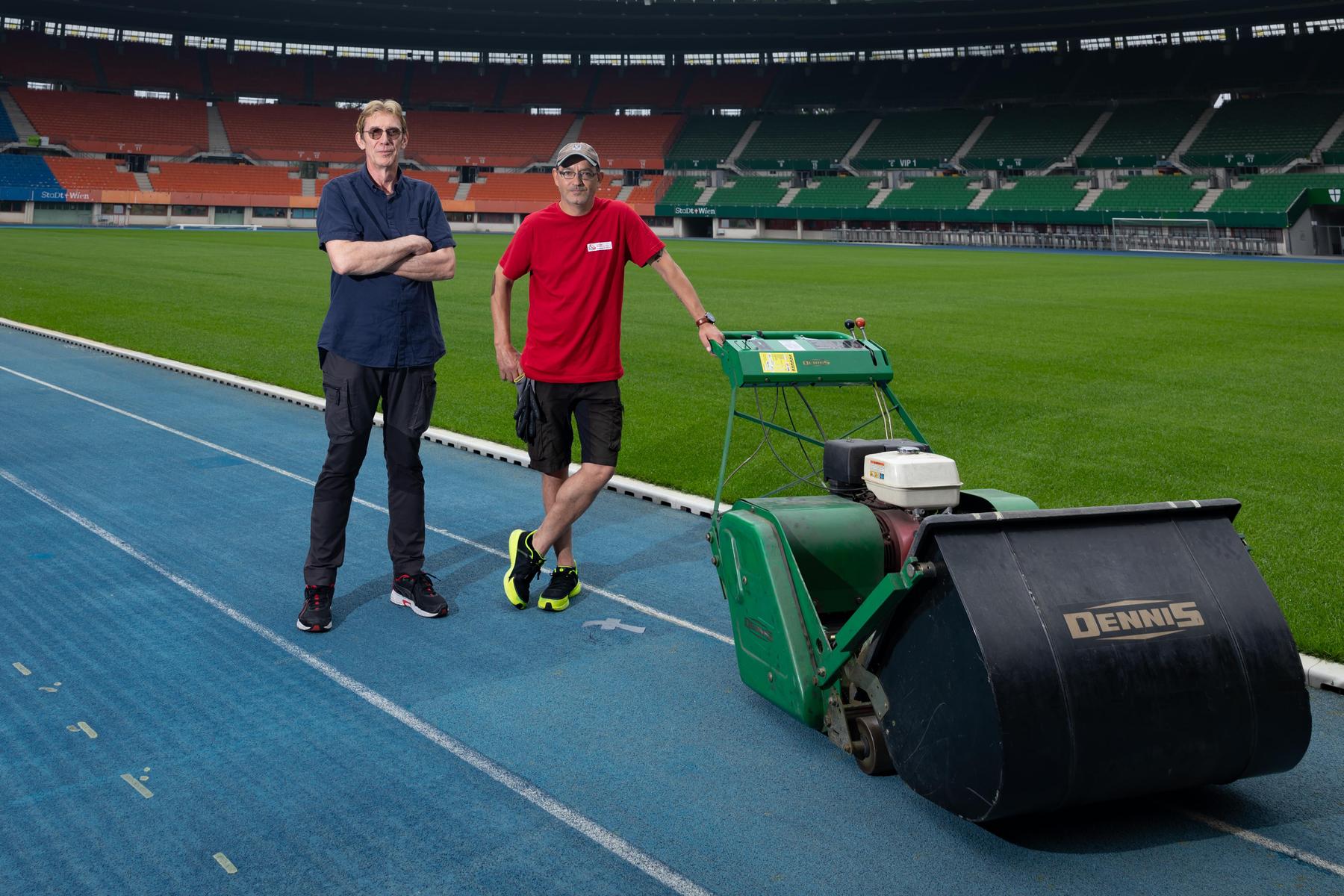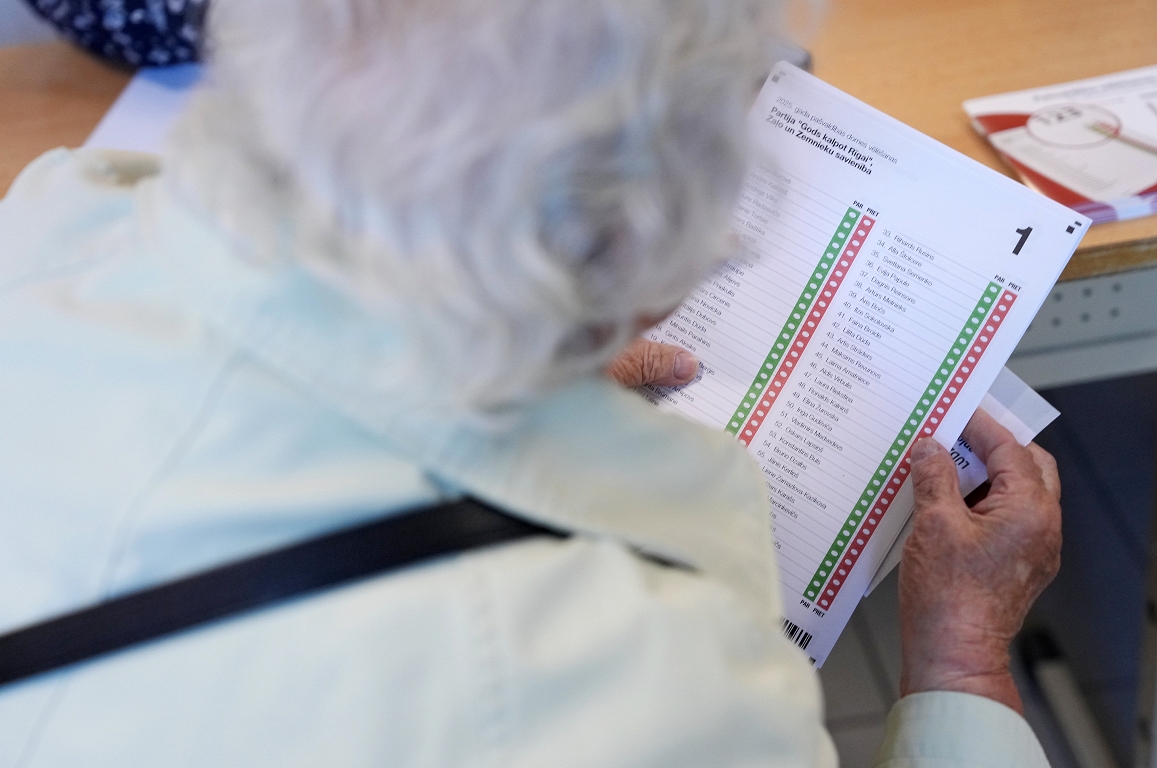How the reading problem should be solved – Diepresse.com

The IKM Plus tests are imminent in elementary schools. Finally, they mainly showed reading deficits. Also because parents read aloud.
In the Vienna election campaign, the many deficits and problems of the students are being debated emotionally, and the next reviews will be facing next week. Between April 23 and May 23, the individual competence measurement plus (IKM Plus) took place in the third and fourth classes of the elementary schools across Austria.
The standardized test that has been in German, mathematics and English has been checked in the standardized test since 2009 to what extent the educational standards are met. The results have no influence on the grades, but they should show the teachers who needs special support in which subjects. The mandatory part, the so -called basic module, takes 45 minutes each. In addition, there are also focus modules in which the teaching staff receive a more detailed look at possible weaknesses or strengths.
There is an exception for those students who do not achieve the educational standards during the review in German (reading). The focus modules are mandatory for them. In other school subjects, such as foreign languages, biology or physics, the educators can also query bonus modules. They then aim at students of the seventh and eighth school level.
A third never reads
There is a reason for the special focus on reading skills. With Austria’s students, it recently failed worryingly. Results of the international reading comparison study from 2023 have shown that a fifth of the children in elementary schools are weak readers, although the girls cut off significantly better than the boys. That should also be due to the behavior of the parents. A recent study in Germany recently showed that a third of the parents rarely read their children, and even not at all every fifth child.
When he took office, NEOS Minister of Education Christoph Return Already known that he also sees rough defects here. « We are not good enough here, » he last said at a press date at the end of March. His predecessor, Martin Polaschek (ÖVP), had already focused in this area. The past school year was all about “reading”.
The ability to read as a subject of interdisciplinary topic was also laid down in the renewed curricula for the first eight school levels. Since the previous year, the reading day has also been taking place in cooperation with the Ministry of Education. At this year’s edition on March 25, around 10,000 readings in libraries, bookstores, cafés, senior citizens’ homes and schools took place with prominent guests.
Greens want to « mix » more
As is also emotionally debated in the Vienna election campaign, the reading difficulties are also associated with the fact that the children often do not speak German at home or in kindergarten or at school. There are currently around 20,000 students in Vienna who do not master enough German to follow the lessons. They are considered extraordinary students. The family reunification, especially Syrian children in the two previous years, had a massive impact on the composition of German support classes and courses. Of the approximately 20,000 extraordinary students – across all compulsory types – a third of Arabic has a first language.
Almost 45 percent of the school beginners are now extraordinary. It is worrying that 61 percent of them were born in Austria, i.e. must have attended a kindergarten for at least a year.
In order to compensate for the imbalance between schools with the majority of German -speaking children and those in which 100 percent of the students have a migration background, the Greens want to introduce a distribution key: the first language of the parents and the educational background should be used as a criterion for school registration in order to achieve a better distribution.







:format(webp)/s3/static.nrc.nl/images/gn4/stripped/data132512191-bf7b93.jpg)
